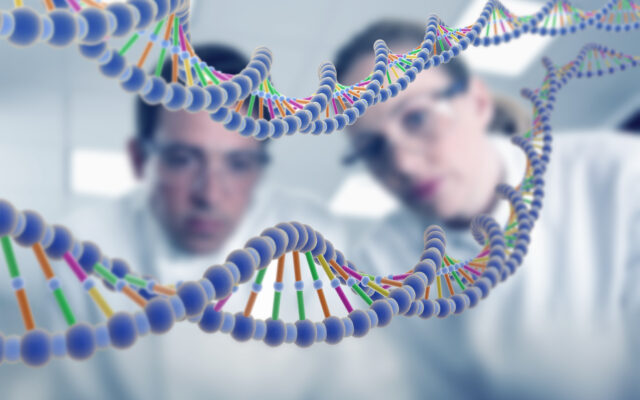This Week in Science: Lost Keys, Hungry Sharks, and Sleepless Nights

It’s time for “Nerd News,” covering the most important news for your brain.
Here’s a quick rundown of this week in science . . .
1. Researchers in Canada are working on a robot called “Fetch” that helps find misplaced items. It scans the room and keeps track of specific things, like keys. They’re hoping it could be a “companion robot” for people with dementia. But eventually, they think it’s something everyone might want.
2. Have trouble sleeping? A study at Indiana University found it can snowball. We’ll lie in bed stressing about how we can’t sleep, and it makes it even HARDER to fall asleep. They say the easiest fix is to not have your phone within reach. And if you have a clock next to your bed, turn it away so you can’t see it.
3. The first 3-D scan of the Titanic was released this week. It shows the entire wreckage in better detail than anyone’s ever seen before. (Here’s a video.)
4. Tyrannosaurus rex was around for 2.5 million years before it went extinct. So how many of them were there total? A new study put the number at 1.7 billion T-rexes. There were 19,000 in each generation, and around 90,000 generations before they got wiped out.
5. Getting away with murder might get even harder soon. A new study found we can pull people’s DNA straight out of the air now.
6. A study found New York City is sinking under the weight of its own skyscrapers. They weigh a combined 1.7 TRILLION pounds. At this rate, they say it’ll sink about an inch every 15 to 20 years.
7. A new study may have figured out what the first animal on Earth was . . . a jellyfish called a “comb jellyfish” that sprung to life around 700 million years ago.
8. And in “don’t go in the water” news: The people behind a new app called SafeWaters claim their A.I. can predict your shark attack risk with 89% accuracy. They’re hoping to have it on the App Store by July.



